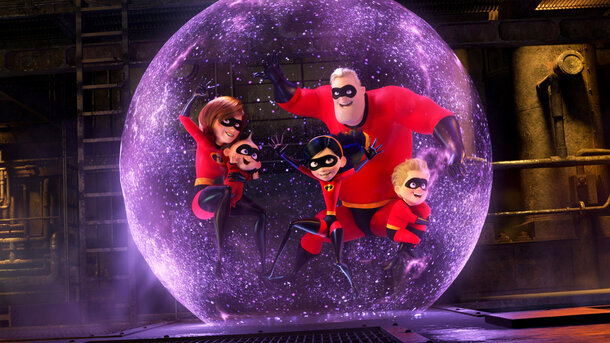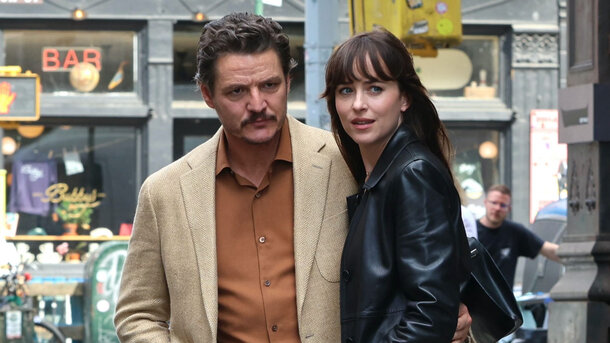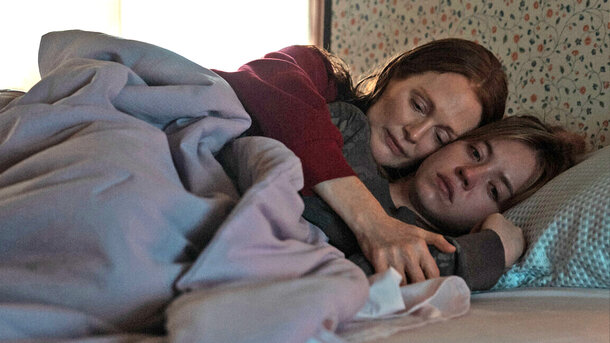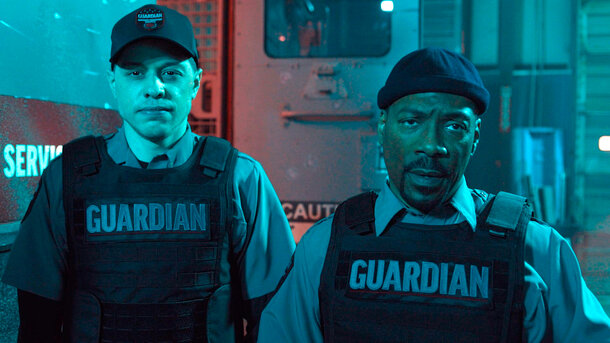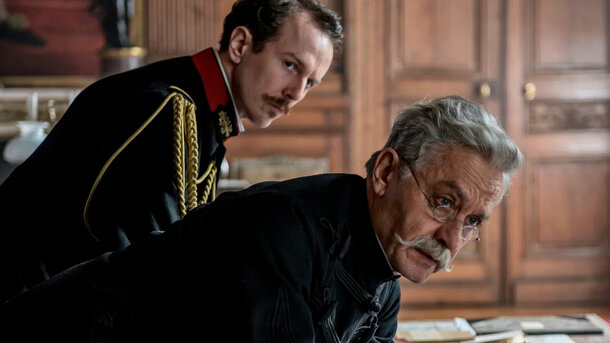When the British miniseries Adolescence quietly premiered on Netflix in early March, no one expected it to reach such heights. In just two weeks, it racked up 66.3 million views, breaking the record previously held by last year’s hit Baby Reindeer. Variety confirms: this is the best launch for a limited series in the platform’s history.
Recognition No One Saw Coming
Four episodes, one teenager, one murder. The story centers around 13-year-old Jamie, who is arrested on suspicion of killing a classmate. His father (played by Stephen Graham), the police, and social services try to uncover the truth. The finale stuns: Jamie confesses to the murder. But what’s behind it?
Why Jamie Did It
Katie, Jamie’s classmate, publicly humiliated him on social media. Comments, emojis, reactions — everything turned into a form of digital bullying. At some point, the boy’s psyche couldn’t take it anymore. Against a backdrop of loneliness, isolation, and a lack of real support at home (despite appearances of a well-adjusted family), it all led to tragedy.

The series directly references the 'manosphere' — a toxic online space where a culture of aggression is cultivated. Andrew Tate’s name in the script is no coincidence: he has become a face of this digital movement. Jamie, in essence, wasn’t just the victim of a single conflict — but of a broken society as a whole.
A Finale That Hits Hard
Jamie’s confession breaks his father. Eddie and his ex-wife argue: who’s to blame, who failed to notice the signs? But an unexpected voice comes from their daughter: "You raised me too. Why am I not a killer?"
The series doesn’t give straightforward answers. But it does say one thing clearly: adults must be present, must listen, must support. Otherwise, the most important signs might go unnoticed.

